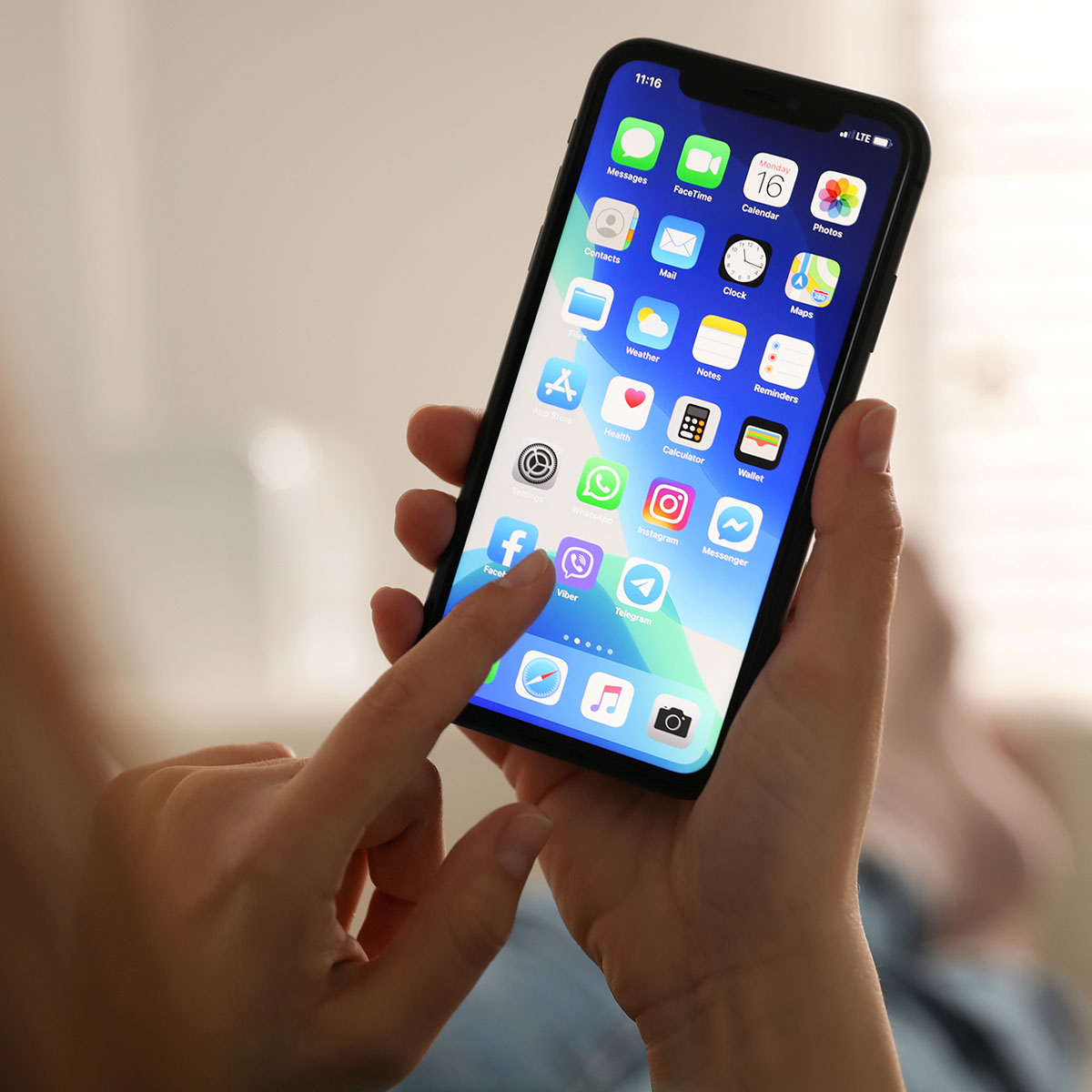If you can think back to the early days when you first purchased an iPhone, you may remember downloading any and all apps that looked mildly interesting with glee. And maybe you got away with keeping all kinds of apps on your phone — even those that look a little suspicious to today’s more trained eye. But the number of apps available has skyrocketed to the point where it has become crucial for consumers to really do their own homework and not download everything under the sun. The harsh truth is that some apps are dangerous to download because they can steal users’ data and contain harmful malware. Tech Expert Ajinkya Mishra, co-founder and head editor of Devsjournal, offers tips on three apps that are considered dangerous to download (and a few more to keep on your radar).
Unsecured Wi-Fi apps
Apps that allow users to connect to unsecured Wi-Fi networks can put users’ personal information at risk, as these networks can be vulnerable to hacking and data theft, Mishra warns — and It’s always best to avoid these apps and only connect to secure Wi-Fi networks.
Unverified or unofficial apps
Rule of thumb: if Apple hasn’t claimed it, don’t assume it’s safe. “Apps that are not available on the official App Store or that have not been verified by Apple can potentially contain malware or other security risks,” Mishra says. “It’s best to only download apps from the App Store and to be cautious when downloading apps from unknown sources.”
Cryptocurrency apps
Want to get in on cryptocurrency? Great — but don’t just download any old app. “While some cryptocurrency apps can be useful for managing digital currencies, others can be scams or may put users’ investments at risk,” Mishra says. “It’s important to research any cryptocurrency app before downloading it and to be cautious with investments.”
Other apps to keep on your radar:
Anonymous messaging apps
Anonymity can feel safe, for sure, but some of the apps that allow it don’t have the best intentions. “Apps that allow users to send anonymous messages can be used for cyberbullying or other harmful behavior,” Mishra says. “It’s best to avoid these apps and to use messaging apps that require users to identify themselves.”
So, what can you do if you’ve already downloaded a few apps that could be considered dangerous? Don’t panic.
“If you have already downloaded a potentially dangerous app, the best course of action is to delete it immediately,” Mishra says. “You can also adjust settings on your iPhone to limit the amount of personal information that the app can access or to restrict its functionality. However, if an app is truly dangerous or is putting your personal information at risk, it’s best to delete it entirely and not use it.”
And if you are looking for similar apps that are safer to use, Mishra suggests searching the App Store for alternatives that have good ratings and reviews, are verified by Apple, and are regularly updated with security patches and bug fixes.


























